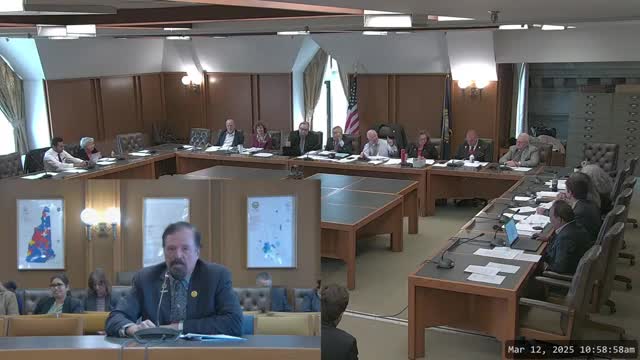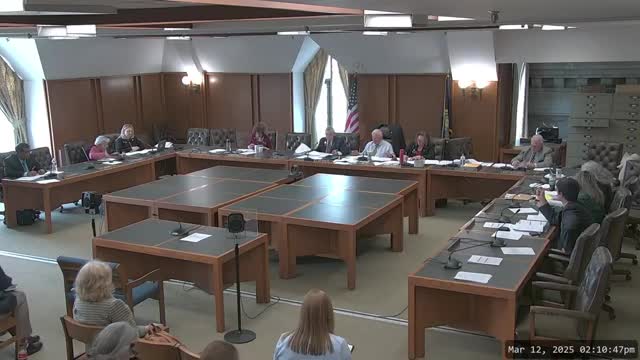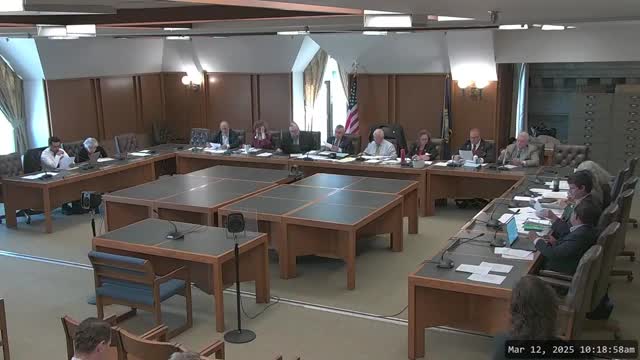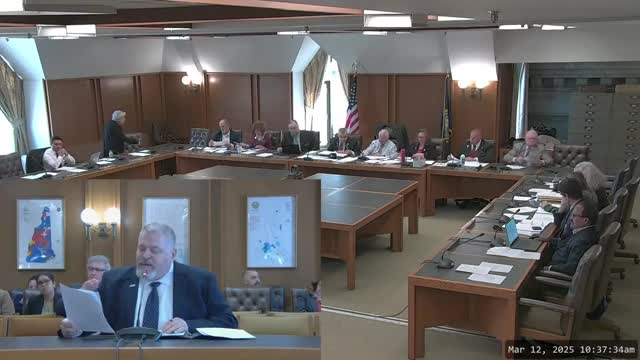Article not found
This article is no longer available. But don't worry—we've gathered other articles that discuss the same topic.

Subcommittee moves to shorten credentialing window for mental-health providers; discusses retroactive billing language

Subcommittee splits on ambulance billing: keeps higher-rate bill alive, advances lower-rate option

Subcommittee approves amended study commission on blockchain, broad membership and year-long report

